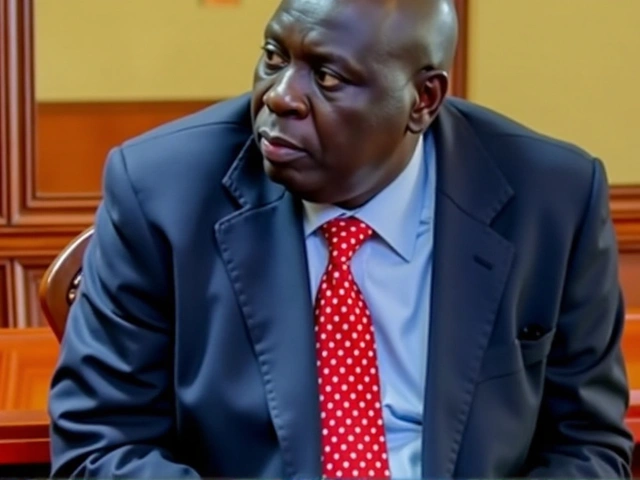The Federal Government of Nigeria has assured National Youth Service Corps (NYSC) members that they will soon receive the unpaid balance of the increased ₦77,000 monthly allowance. This announcement comes in response to widespread frustration and mounting pressure as corps members have faced months of delays. The allowance was originally set to rise from ₦33,000 to ₦77,000 as part of the National Minimum Wage (Amendment) Act of 2024, with an intended start date of July 2024.
Minister of Youth Development Ayodele Olawande made this announcement public during an appearance on Channels Television’s *Politics Today*, reassuring both current and former corps members that their backlogged payments would be made. However, no exact dates were specified, which has left some questioning the timeline. The Director-General of NYSC, Brigadier-General Olakunle Nafiu, had previously indicated that payments are planned to begin in March 2025, although budgetary challenges have delayed this implementation.
The primary reason for the delay was the allowance's exclusion from the initial budget, necessitating an official reallocation which took time to formalize. Despite these logistical hurdles, corps members have been vocal in their concerns, expressing doubts on forums like Nairaland, with some dismissing the latest pledge as just another 'audio promise'. The skepticism is fueled by ongoing economic strains such as inflation that diminish the real value of the raised allowance.
The situation has also attracted the attention of the National Association of Nigerian Students (NANS), who have called for an investigation into the NYSC's leadership. Their main argument hinges on a perceived inequality, as government employees, including NYSC staff, have received the new minimum wage, while corps members remain on the old stipend. NANS argues that this discrepancy is a blow to morale, especially as living costs continue to climb.
Despite assurances from government officials about the eventual payout of the backlog, the absence of a specific payment schedule has arguably dampened some of the intended relief. With financial realities biting hard, the corps members' concerns are as much about economic survival as they are about equitable treatment within the governmental structure. With March 2025 marked as a tentative start for payments, the issue remains one of national interest and scrutiny, highlighting ongoing challenges in implementing policy changes efficiently.





